Art directors typically lead teams of creative professionals in various industries. When applying for the role of an art director, it is crucial to showcase your skills, expertise, and specialization.
10 Generic Art Director Interview Questions
The hiring manager may ask some general art director interview questions toward the beginning of the interview to assess your profile and personality:
- Tell me about your interests outside of work.
- What makes you unique?
- Why did you become an art director?
- What is the importance of visual art in today's world?
- Why do you want to work for this particular organization?
- What is your expected salary?
- When can you start working with us?
- What, according to you, is the most challenging part of working as an art director?
- Is there a product or artwork that you would like to recreate?
- Name some of your favorite artists and designers.
10 Interview Questions About Professional Experience
Here are some interview questions that hiring managers may ask art directors to assess their professional experience, background, and knowledge:
- Describe the different projects and organizations you have worked at.
- Do you have any experience mentoring young artists?
- Have you managed a team of freelance artists and creators?
- Which graphic design and editing software do you have the most experience with?
- Explain a project that you are most proud of.
- How do you incorporate the latest art trends in your work?
- How do you shortlist artworks or designs for a particular project?
- Can you recall a situation where your art direction and guidance helped solve a crucial problem?
- Which of your projects do you consider the least successful, and what would you have done differently to make it a bigger success?
- How have you used technology in your work and campaigns?
10 Expert Interview Questions for Art Directors
As the interview progresses, the hiring manager may ask specific in-depth questions about the role. This can help them evaluate whether you are suitable to perform the expected duties and responsibilities. Here are some in-depth questions that you can encounter when applying for the role of an art director:
- Which is the most challenging project that you have done till now?
- How would you deal with a client who does not like the artwork you have done for them.
- How do you work with artists to ensure that they remain creative and motivated?
- What do you think is the biggest success for an art director?
- Which of the company's existing clients are you most excited to work with?
- What artwork, according to you, is representative of the current times?
- What would you do in your first week and month if you get hired?
- How would you manage delays and missed deadlines by artists?
- What do you think of our latest campaign and visuals?
- How much experience do you have managing budgets and resources?
5 Art Director Interview Questions with Sample Answers
Here are some interview questions with sample answers that hiring managers can ask art directors:
1. Where do you find your creative inspiration?
This can be one of the first questions that a hiring manager may ask you, as it can help them assess your personality, style, and influence.
This question allows you to create a positive first impression and showcase your artistic style and inspiration. Make sure you elaborate on your answer to convey expertise in the subject.

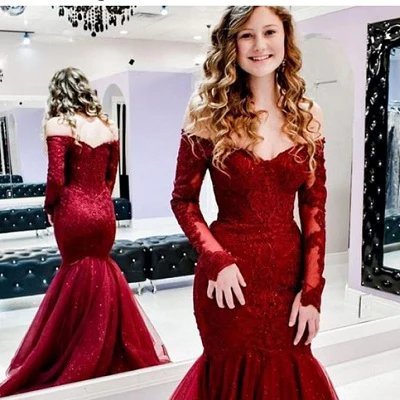
.jpg)
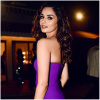
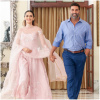
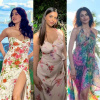
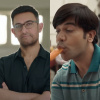

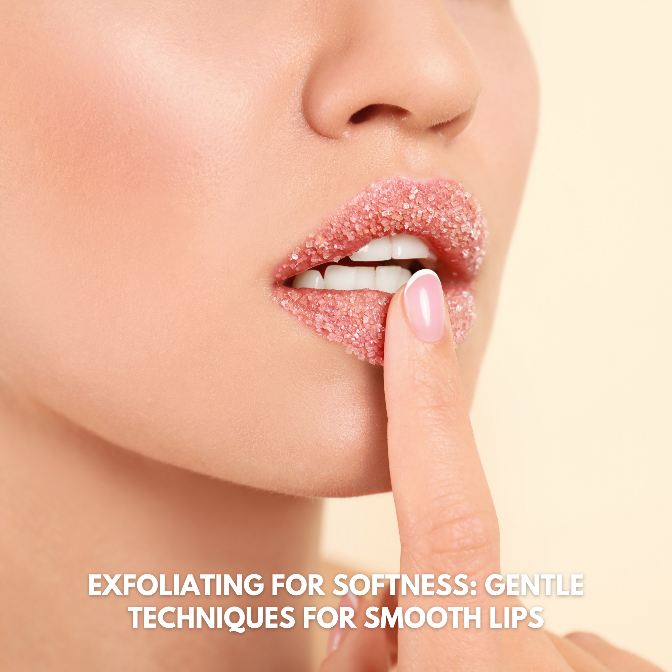













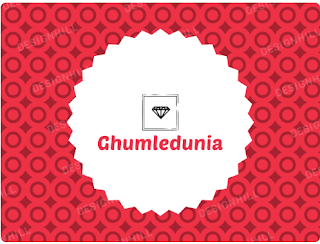
0 Comments